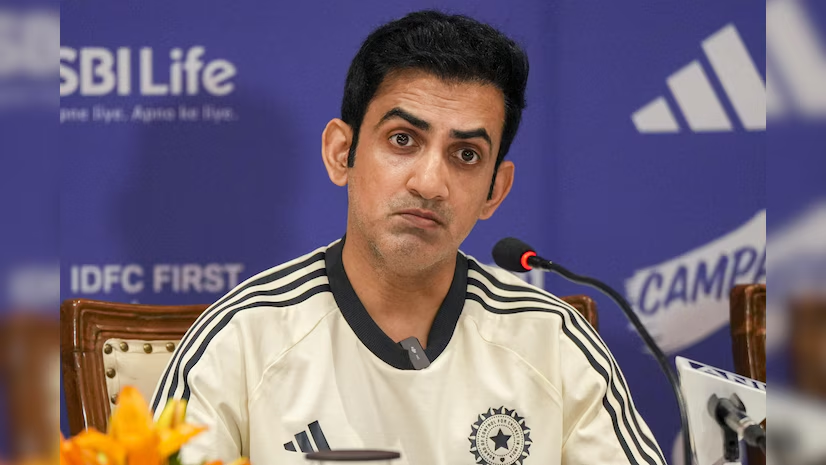New Delhi, 13 June 2025: India Cricket team head coach – Gautam Gambhir has urgently flown back to India after his mother reportedly suffered a massive heart attack and was rushed to the Intensive Care Unit (ICU) in critical condition. According to sources close to the family, the former India opener cut short his overseas commitments and boarded the earliest available flight to be by his mother’s side. Doctors treating her have confirmed that her condition is serious, and she remains under close medical supervision. The incident has brought to the forefront the alarming rise in heart attacks among older women and the importance of recognising early warning signs and managing heart health effectively.
What is a Heart Attack and Why Does It Happen?
A heart attack, medically known as myocardial infarction, occurs when blood flow to a part of the heart is suddenly blocked, usually by a clot in the coronary arteries. This cuts off oxygen supply, damaging or destroying heart muscle tissue. One of the main causes is atherosclerosis, a condition where fatty deposits build up in the arteries over time. These plaques can rupture and form clots, blocking blood flow. Risk factors such as high blood pressure, high cholesterol, diabetes, obesity, smoking, lack of physical activity, and chronic stress increase the chances of heart attacks, especially in individuals over the age of 60. In women, the risk often escalates after menopause due to reduced levels of protective estrogen.
Heart Attack Symptoms in Women: Often Subtle, Sometimes Overlooked
Unlike men, women may not always experience the classic symptom of crushing chest pain. Instead, they may have subtle and often misinterpreted signs such as chest discomfort, shortness of breath, unexplained fatigue, nausea, vomiting, indigestion-like sensations, dizziness, or pain in the back, neck, jaw, or shoulders. Many women dismiss these symptoms as acidity, anxiety, or aging-related discomfort, which delays medical help. This delay can be fatal. In the case of Gambhir’s mother, unconfirmed reports suggest she complained of chest heaviness and breathlessness before collapsing, after which she was rushed to the hospital by family members.
What Happens During a Heart Attack and Why ICU Admission is Critical
During a heart attack, if the blood supply is not restored quickly, the affected portion of the heart muscle begins to die, impairing heart function and triggering complications like arrhythmias (irregular heartbeat), cardiogenic shock, or cardiac arrest. ICU admission becomes critical at this point to monitor vital parameters, manage medications like blood thinners, and prepare for emergency interventions such as angioplasty or bypass surgery. Intensive care units are equipped to handle any sudden deterioration in cardiac function, making them essential for survival in the critical window after a heart attack.
Preventive Steps and Managing Heart Health in Elderly Women
While heart attacks in elderly individuals are not uncommon, they are largely preventable with lifestyle changes and timely screening. Women over 50 should have routine heart health evaluations, including ECGs, echocardiograms, lipid profiles, and blood pressure monitoring. Dietary choices rich in fruits, vegetables, whole grains, and omega-3 fatty acids along with regular moderate physical activity can go a long way in maintaining cardiac health. Managing stress through yoga, mindfulness, or therapy and ensuring enough sleep each night also play a crucial role in cardiovascular wellness. Importantly, any signs of breathlessness, fatigue, or chest discomfort in elderly women should never be ignored.
s Gautam Gambhir rushes to be with his mother during this medical crisis, the incident serves as a wake-up call for families everywhere. Heart disease is the leading cause of death among women, and yet, awareness about its symptoms and risks remains low. The key to survival lies in early recognition, quick action, and sustained prevention. Keeping elderly family members’ health closely monitored, encouraging regular check-ups, and reacting swiftly to any signs of distress can make all the difference in protecting a loved one’s life.






